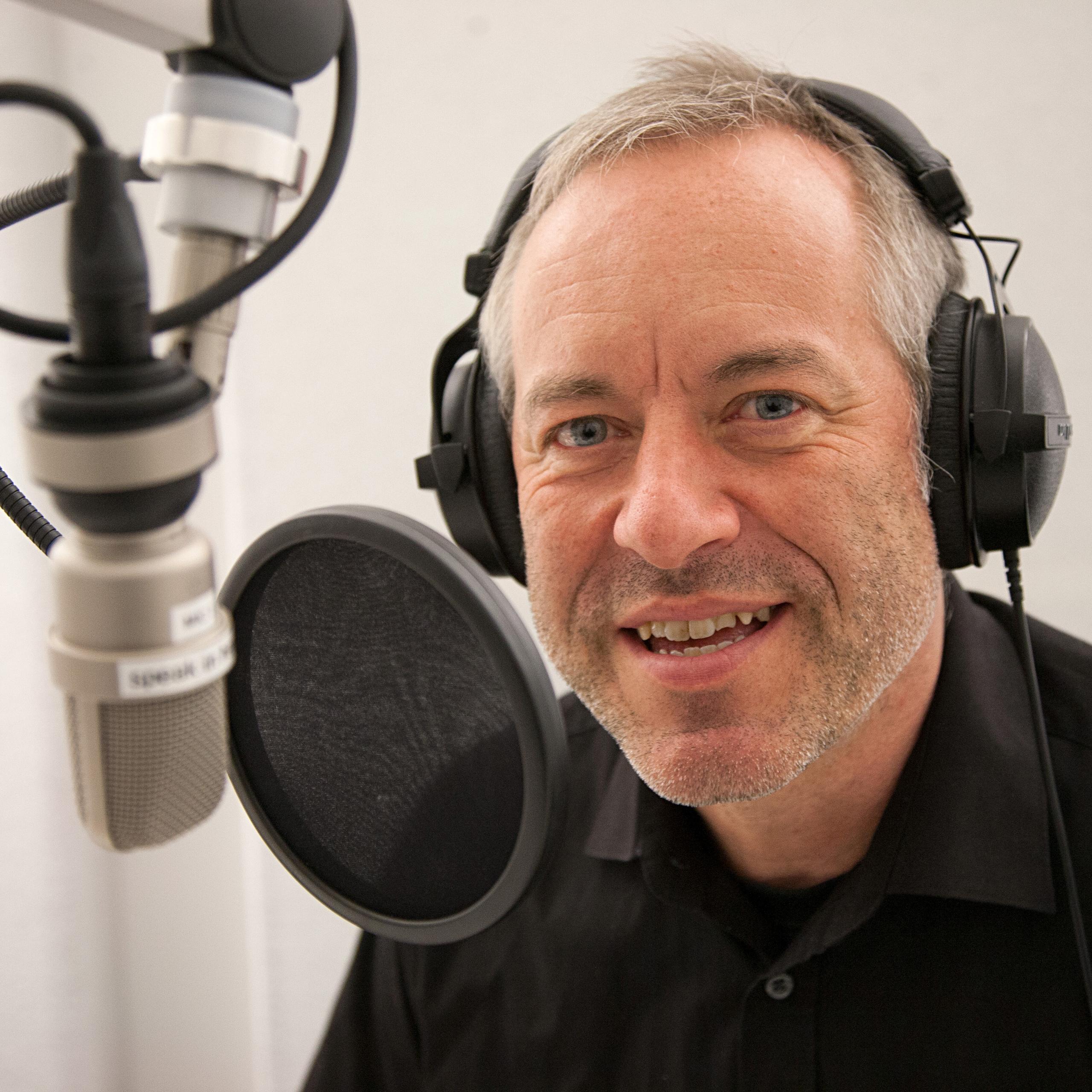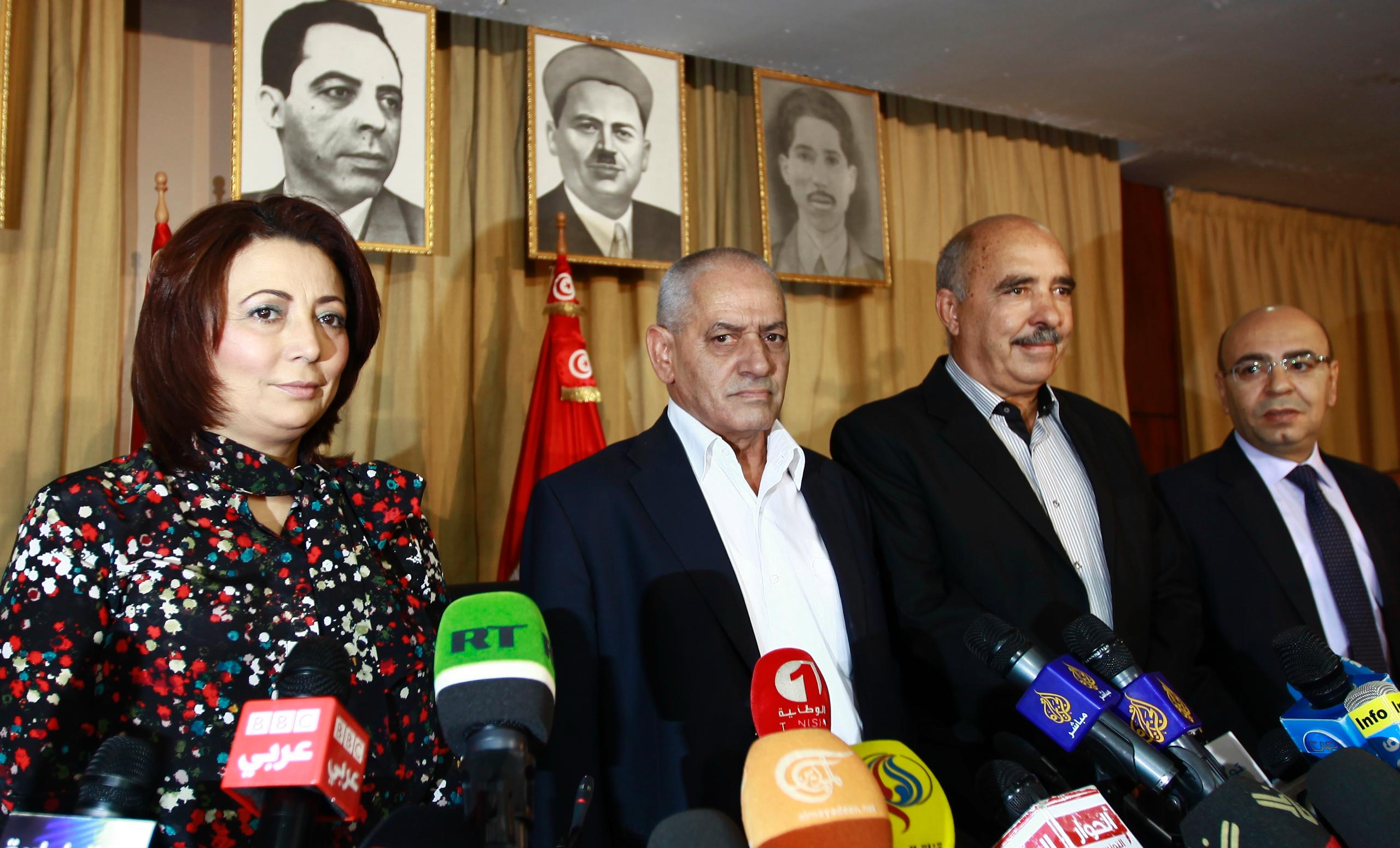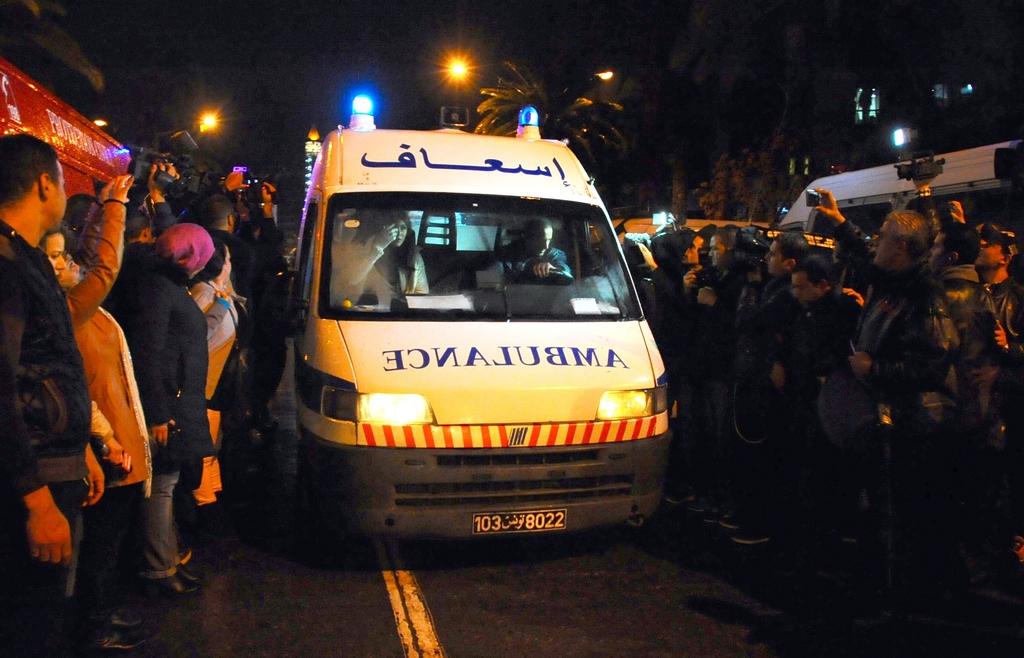A ray of hope on a dark horizon
Amid all the darkness there is are some encouraging light for democracy in the Arab world, reports Bruno Kaufmann from Alexandria in Egypt and the Norwegian capital, Oslo.
”It is a only a first step, but a very important one,” says Amal Y. Almoallimi, referring to the election on December 12 of almost 20 Saudi women to local councils across the oil-rich monarchy on the Arabian Peninsula region.
Almoalimi is directing the so-called women section at the Riyadh-based Center for National Dialogue. She recently participated in an international conference for the promotion of people power in Egypt, the first such meeting since the take-over by former commander-in-chief (and now president) Abdel Fattah el-Sisi in 2013.
The conference at the Bibliotheca Alexandrina, one of the Arab world’s intellectual and cultural icons, gathered a fascinating crowd of people promoting democracy at a time in which the idea of genuine people power seems very much on the decline in the region.
This year saw some of the worst in sectarian violence, international interference, naked authorianism and terrorist attacks in many countries including Saudi Arabia and Egypt.

By autumn, the ongoing crisis which resulted from the so-called Arab Spring, had developed into the worst refugee crisis – not only in the Middle East but also in Europe – since the Second World War.
Millions of people fled conflict zones in Syria, Afghanistan and Iraq taking dangerous and often deadly routes across the seas and continents. With these news and headlines from the region in mind, most people could hardly make out any democratic light.
Options discussed
However, the Bibliotheca Alexandrina gathering, courageously convened by director Ismail Sergeldin, allowed experts, politicians, journalists and civil society activists from across the Middle East and beyond to discuss the current options and limits of citizen power.
The various panels and workshops at the ”Democracy for the 21th Century” meeting revealed interesting developments, including new initiatives to introduce direct democracy in war-ridden Afghanistan and a project to consolidate participatory government at a local level in divided and almost failed countries like Libya.
”We are all exhausted after years of turmoil,” declared Farida El Allagi, a long-standing activist against former dictator Moammar Ghaddafi, at the meeting. She added: ”Now it is time to build up our societies from scratch”.
The fact that such an open and free event could take place in Egypt was a clear signal of encouragement to many of the several hundred participants from across the world.
Opinion series
swissinfo.ch publishes op-ed articles by contributors writing on a wide range of topics – Swiss issues or those that impact Switzerland. The selection of articles presents a diversity of opinions designed to enrich the debate on the issues discussed.
In private talks at the dinner table, Egyptian intellectuals shared the concern about the limited application of human rights and democratic opportunities under the current regime: ”But as long as we do not openly attack the red lines on political Islam or anti-army rhethorics, we have a quite big space for action,” one activist stressed.
Power of dialogue
The democracy conference in Egypt’s second biggest city (population 4.1 million), Alexandria, demonstrated real potential for people power in this part of the world, despite a ’ultra-religious’ and ’medieval’ reputation of these societies when it comes to issues such as the penal code.
Nothing could confirm this rather positive perspective more than an event taking place almost 5,000 kilometers further north at the same time.
The awarding of this year’s Nobel Peace Prize in Oslo.
Taking the fast-track to the North, on planes from Alexandria to Istanbul and then to Oslo, I sat among outspoken women from Egypt, Iran and Iraq; they are professors and business leaders active in countries where women supposedly have no real say in the public sphere.
Arriving in winter-dark Norway on the 119th anniversary of the death of famous Swedish industrialist Alfred Nobel, the sponsor of the world’s best known awards, I met hundreds of enthusiastic democracy activists from Tunisia as their dialogue between civil society and official institutions was given the Peace Prize.
Tunisia
Leading the honoured Tunisian delegation was Houcine Abassi, a unlikely icon for the most succesful Arab country when it comes to recent democratisation efforts.
The inconspicuous and modest 68-year old Labour Union leader is a representative of one of four organisations that stood up and reclaimed the public conversation when the country was on the brink of civil war in 2013.
Through the framework of this national dialogue, Tunisia saw power-sharing, constitution-making and particiaptory democracy rule the day.
Late last year Tunisia had established a new (and very modern and democractic) constitution and installed freely elected leaders in the presidency and parliament.
For this critical effort in making people power a living reality, the trade unions together with the employers association, the Human Rights League and the Lawyers Association deserved to win the Nobel Peace Prize. For the first time in this award’s 114-year history, the prize was given to a democratic process rather than a person or organisation.
At the end of this ’annus horribilis’ for the Arab world and despite all the setback, there is at least some welcome news to be noted. This includes recent progress on the diplomatic stage for Syria and Libya.
There are even highlights for democracy – with the Tunisian Nobel Prize, the Egyptian pro-democracy meeting, and the steps taken by Saudi women, to vote and to win election to local councils for the first time in their country’s history.
The views expressed in this article are solely those of the author, and do not necessarily reflect the views of swissinfo.ch. This is a slightly adapted version of the original text published in cooperation with Zocalo Public SquareExternal link.

In compliance with the JTI standards
More: SWI swissinfo.ch certified by the Journalism Trust Initiative










You can find an overview of ongoing debates with our journalists here . Please join us!
If you want to start a conversation about a topic raised in this article or want to report factual errors, email us at english@swissinfo.ch.